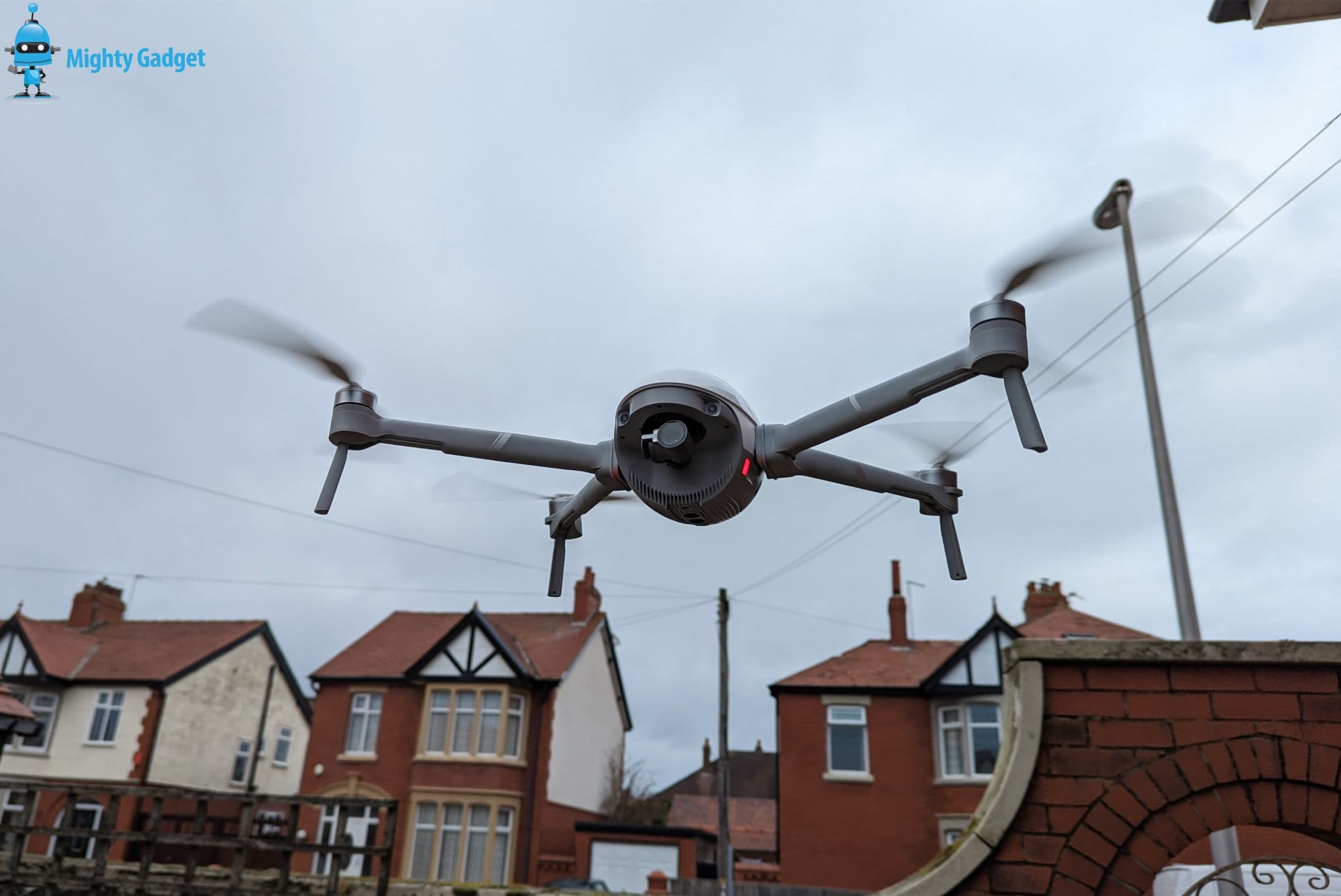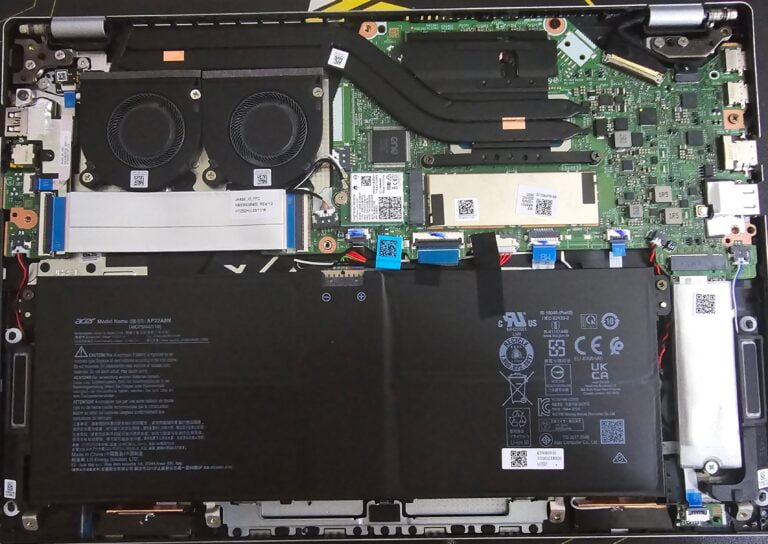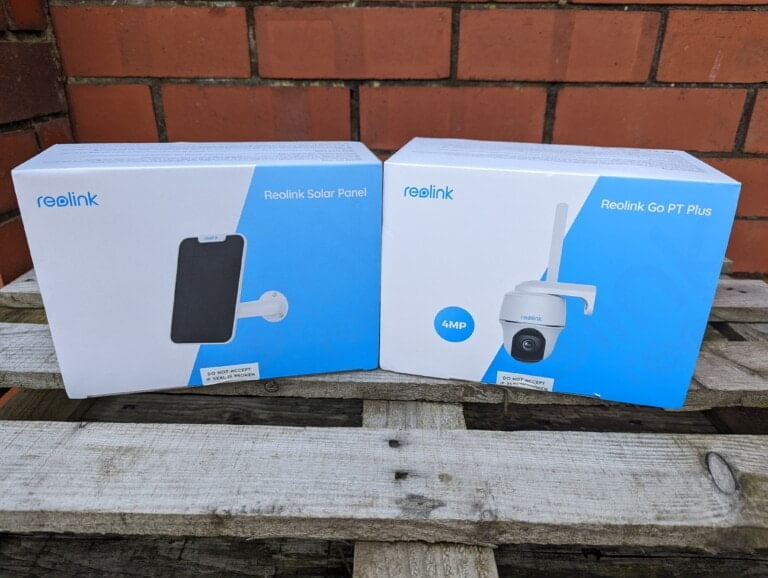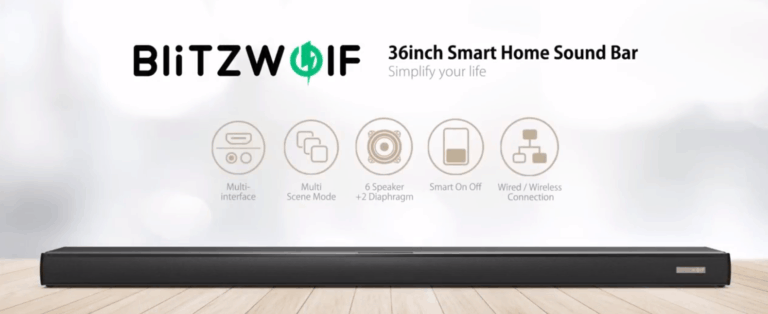Any links to online stores should be assumed to be affiliates. The company or PR agency provides all or most review samples. They have no control over my content, and I provide my honest opinion.
Drones are small to medium-sized aircraft that can fly autonomously or remotely.
They are used in several sectors, including agriculture, search and rescue, videography, and even high-tech deliveries!
Several types of drones exist, including fixed-wing and multi-rotor. The ranges of advanced commercial drones vary from around one kilometre to about 30 kilometres.
If you are considering getting a commercial drone pilot’s license, there are a few things you need to know about. The top five tips for beginner commercial drone pilots are listed below:
Drone Registration
There is no distinction between flying a drone commercially or recreationally – all drones must be registered.
Drone legislation in the UK is ever-changing, and knowing what to do and what not to do can be tricky. The drone industry in the UK is governed by the Civil Aviation Authority, and their primary aim is to make drone operations safe and integrated with the total aviation system.
While you do not need a permit to fly a drone in the UK, you must be over 18 to register for an Operation ID, pass an online theory test, and obtain a Flyer ID.
Get Insurance
Valid insurance coverage is a requirement for commercial drone flights.
Although it’s legal to fly your drone in certain areas, always be mindful when flying.
Some people are less responsive to them than others, especially if they think you are filming footage without permission. Even if you obey the laws, some people might try to knock your drone out of the air.
Accidents can happen – it is always better to be covered because replacing a commercial drone is not cheap. Protect your investment by getting adequate coverage for it.
Safety Tips
Commercial drones are not toys and they can be dangerous.
If you are learning to fly indoors, tie the drone down or build a cage to surround it. When working on your drone, take the battery out first. If it turns on accidentally and the propellers start spinning, you could lose fingers!
Research training courses for drone pilots online to learn more about operating it safely.
Keep An Eye On The Weather
Weather can significantly impact flight performance and safety.
Keep an eye on forecasts before flying – particularly precipitation and wind speed. High winds are dangerous because they can overpower your drone or cause the battery to drain much faster than normal.
Rain is damaging to electronics – even misty conditions can cause damage and affect the sensors, but more so visibility will be reduced and impair your ability to fly.
Practice Makes Perfect
The key to flying your drone with confidence is practice!
Practice basic flight skills as often as possible. Start off with simple drills, once you gain more experience, your skills will improve and you will become better acquainted with your drone’s specific features.
Once you have nailed the basics, practice more advanced flight skills until they become second nature.
In Conclusion
Following these five simple tips above will help ensure that you have a safe and enjoyable time flying your new drone.
I am James, a UK-based tech enthusiast and the Editor and Owner of Mighty Gadget, which I’ve proudly run since 2007. Passionate about all things technology, my expertise spans from computers and networking to mobile, wearables, and smart home devices.
As a fitness fanatic who loves running and cycling, I also have a keen interest in fitness-related technology, and I take every opportunity to cover this niche on my blog. My diverse interests allow me to bring a unique perspective to tech blogging, merging lifestyle, fitness, and the latest tech trends.
In my academic pursuits, I earned a BSc in Information Systems Design from UCLAN, before advancing my learning with a Master’s Degree in Computing. This advanced study also included Cisco CCNA accreditation, further demonstrating my commitment to understanding and staying ahead of the technology curve.
I’m proud to share that Vuelio has consistently ranked Mighty Gadget as one of the top technology blogs in the UK. With my dedication to technology and drive to share my insights, I aim to continue providing my readers with engaging and informative content.







